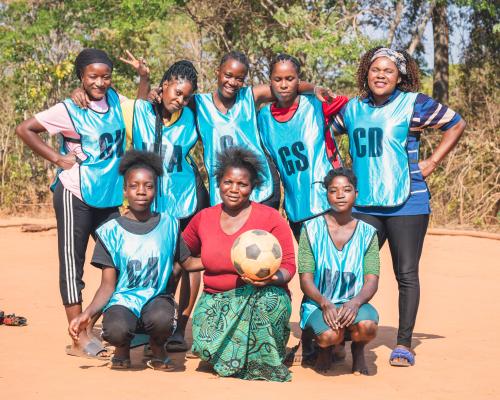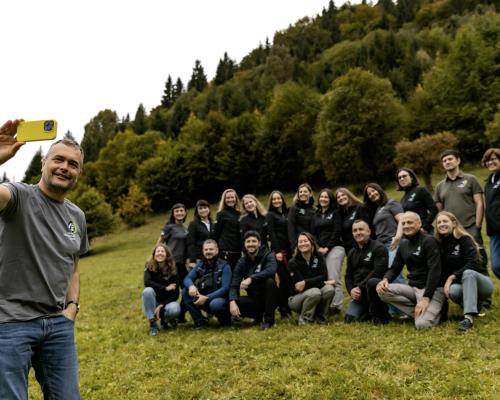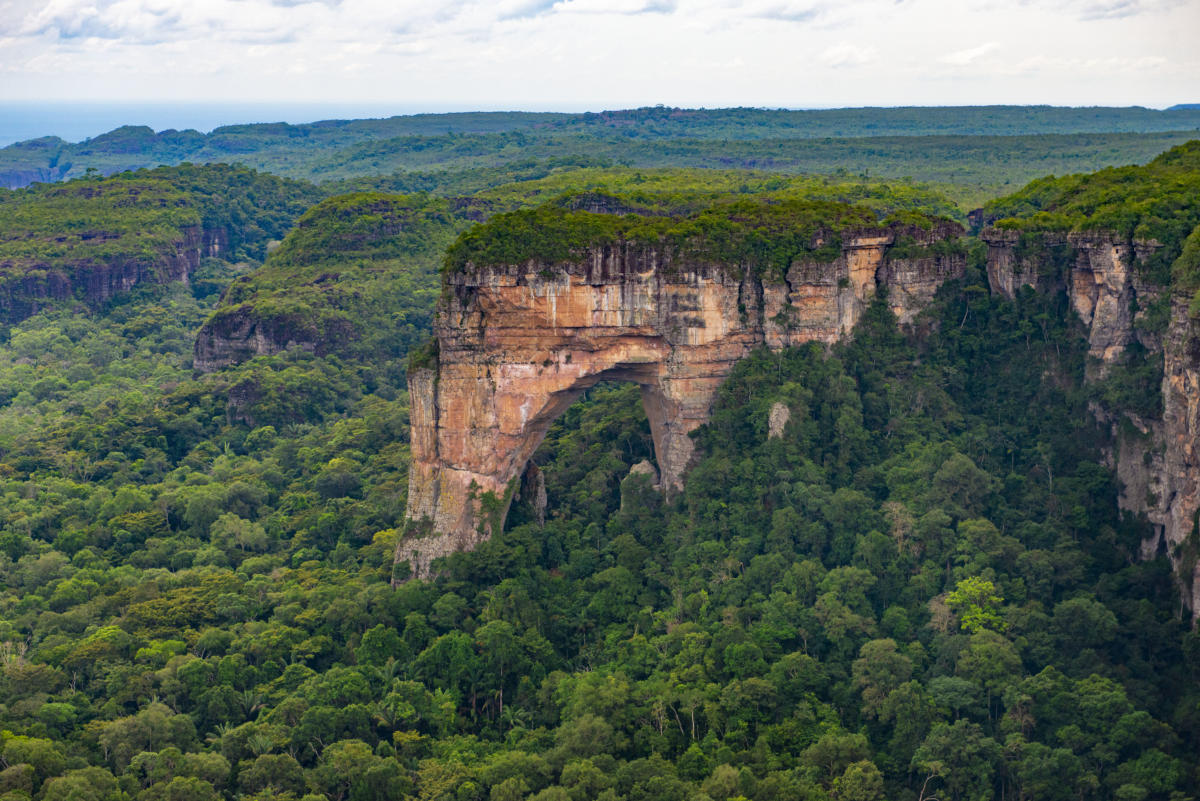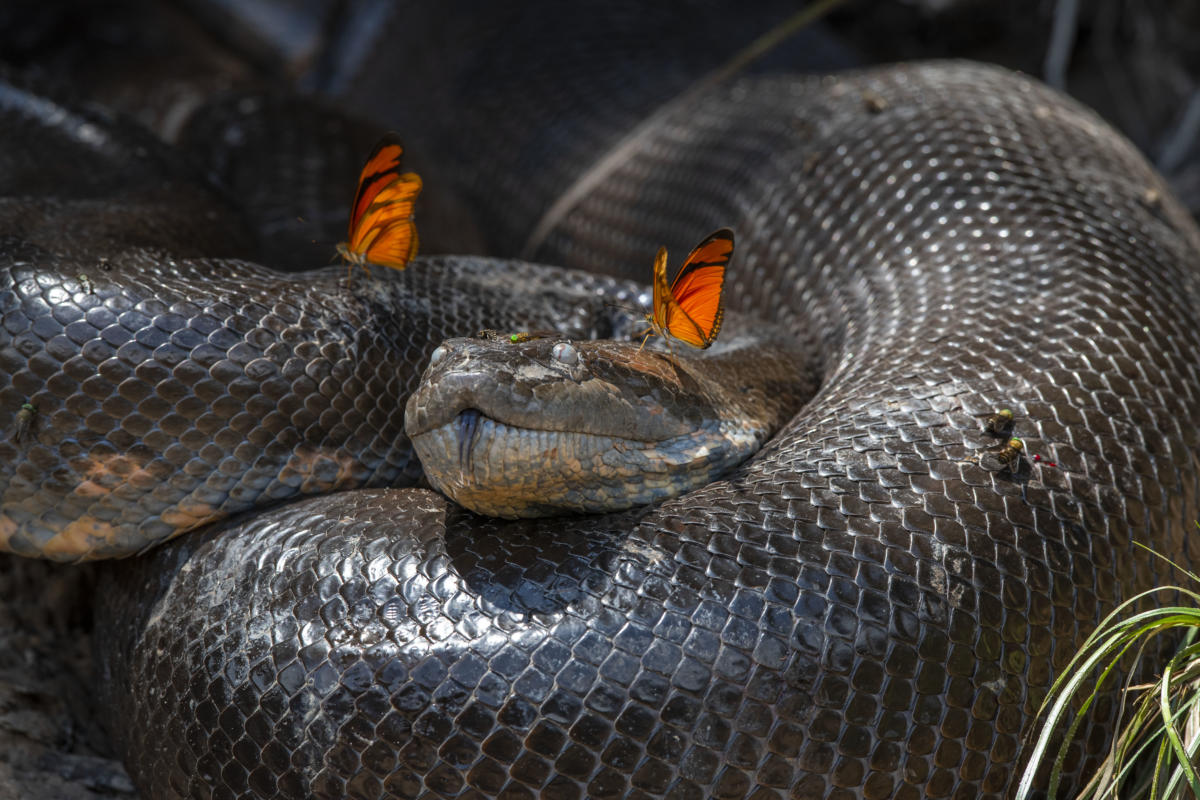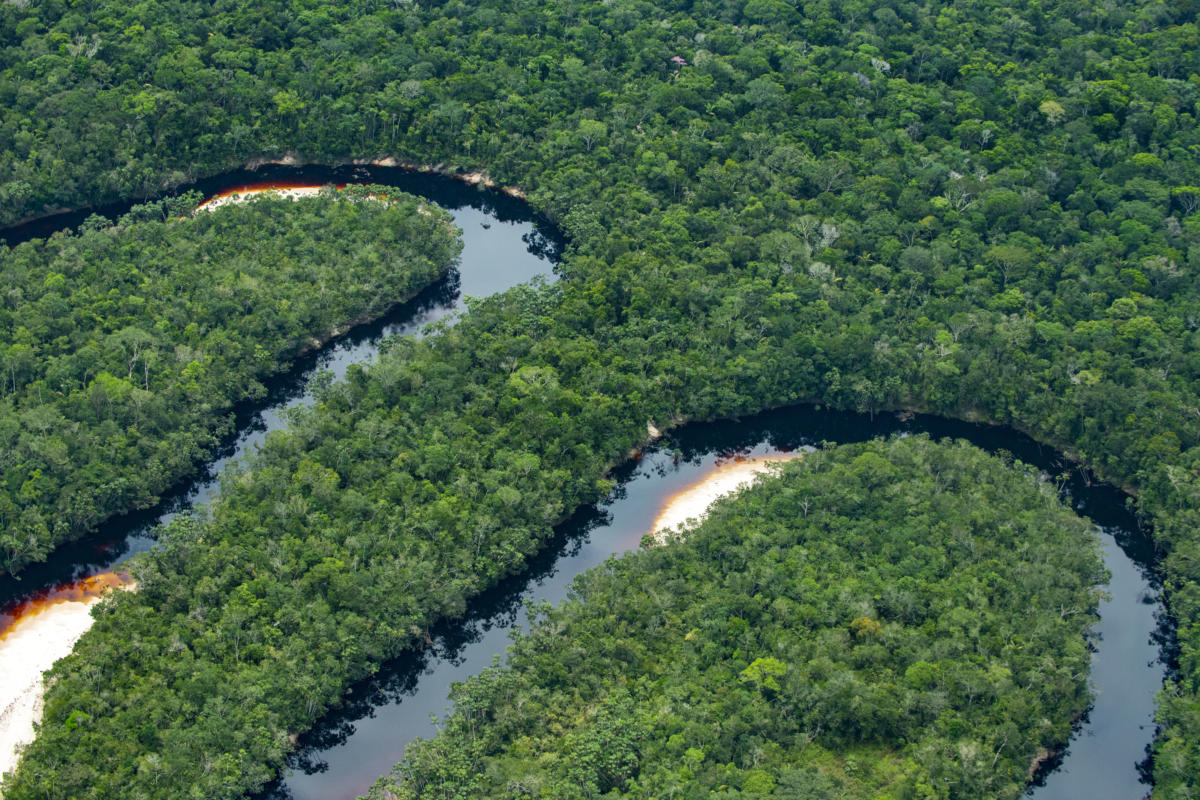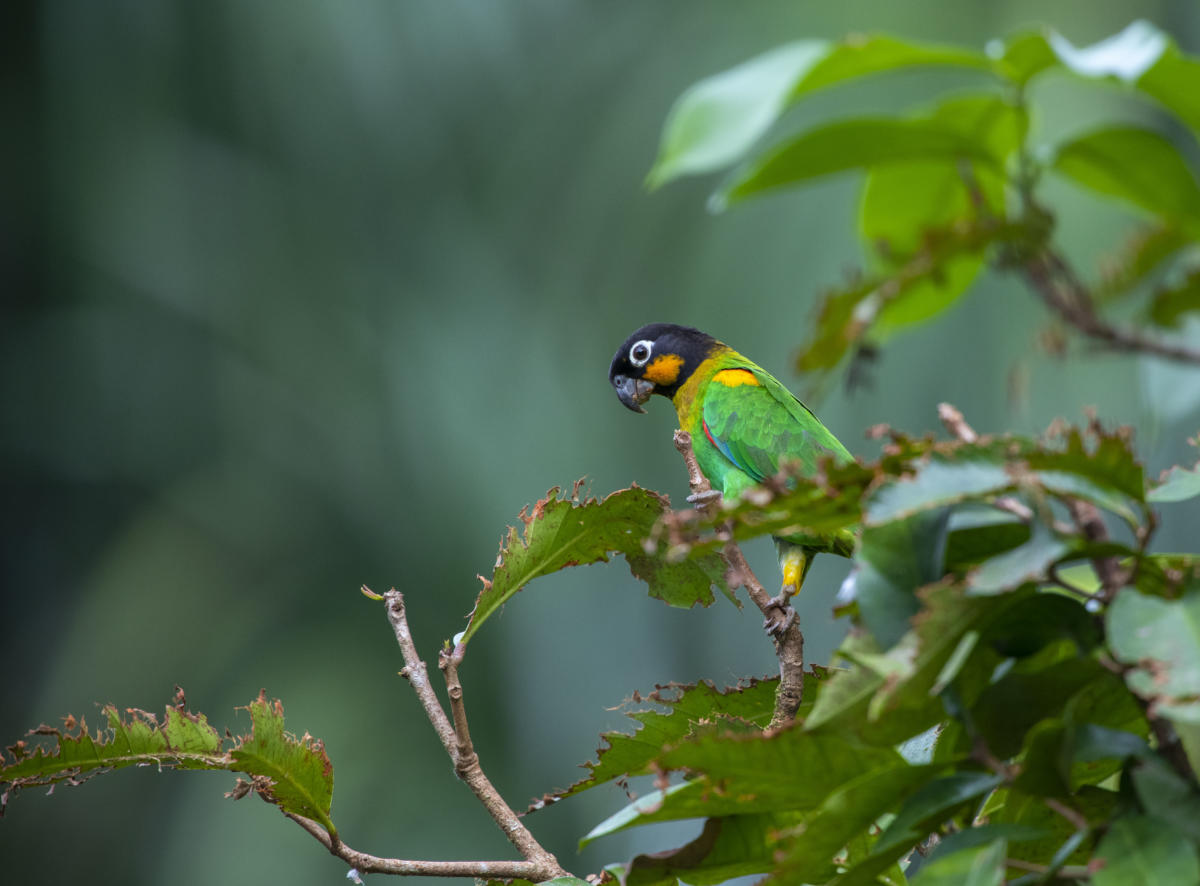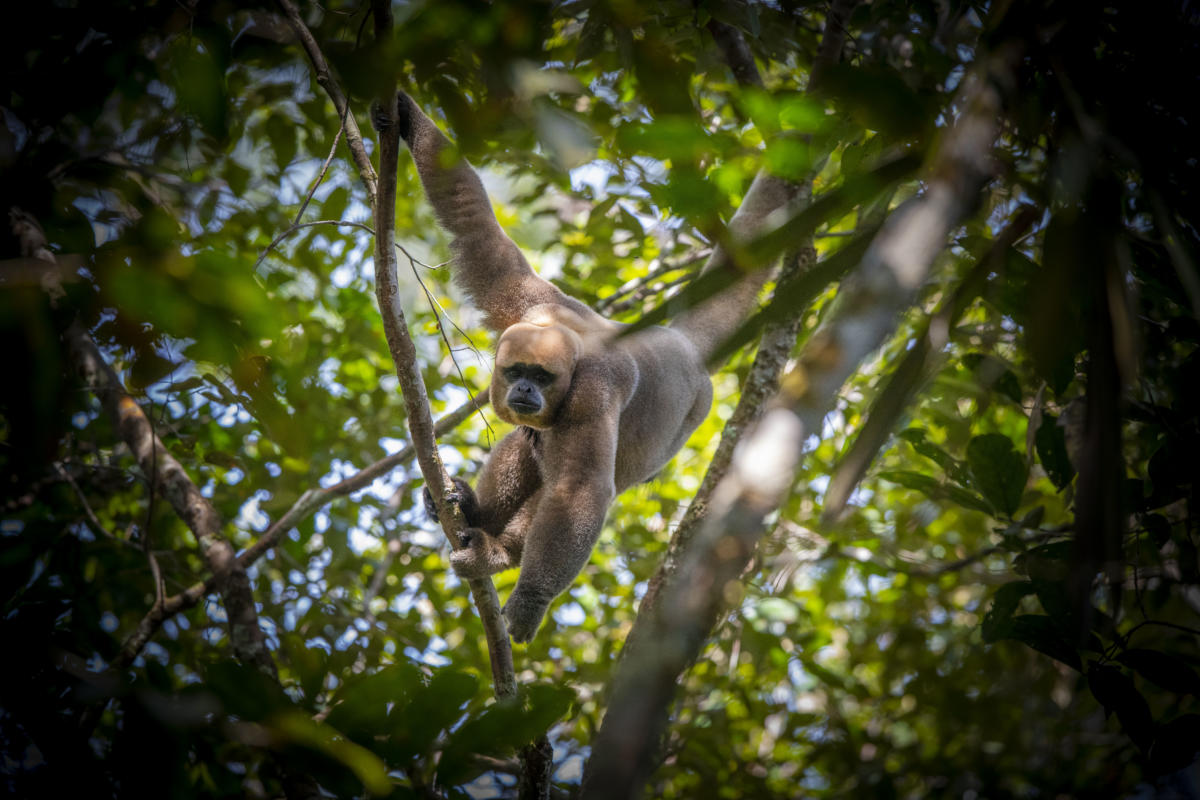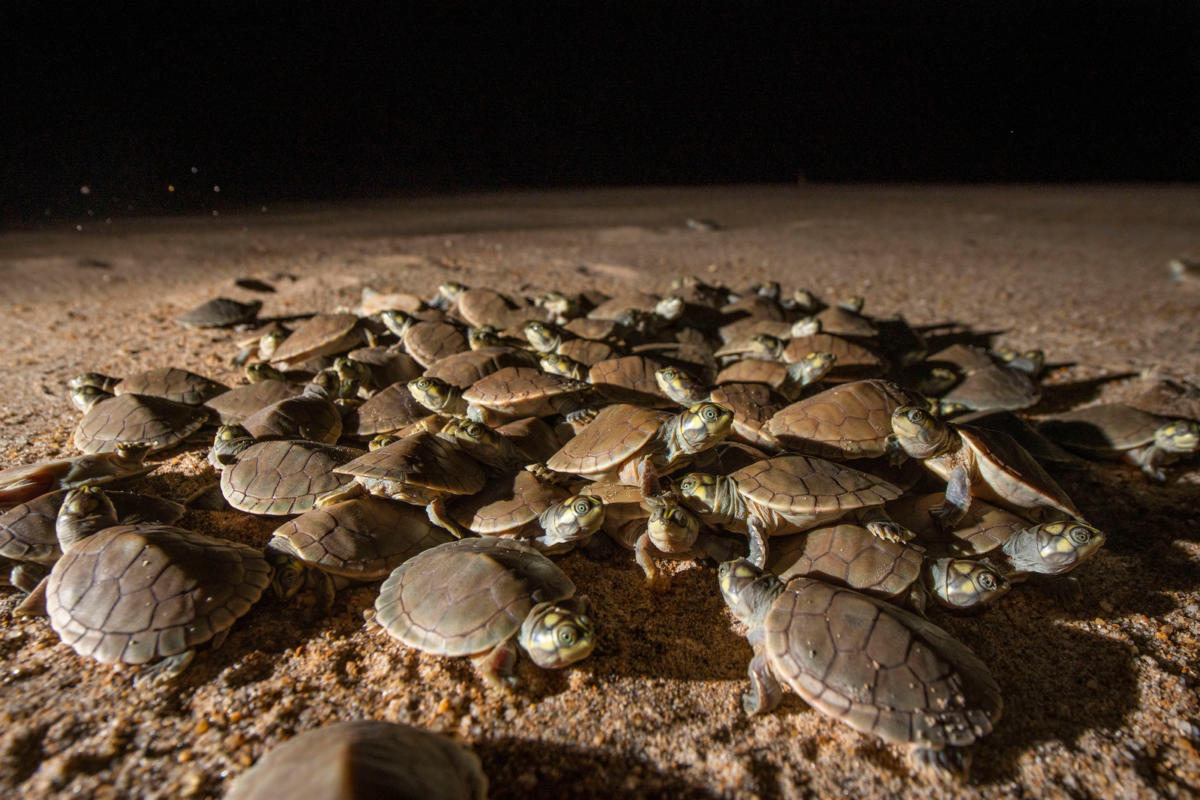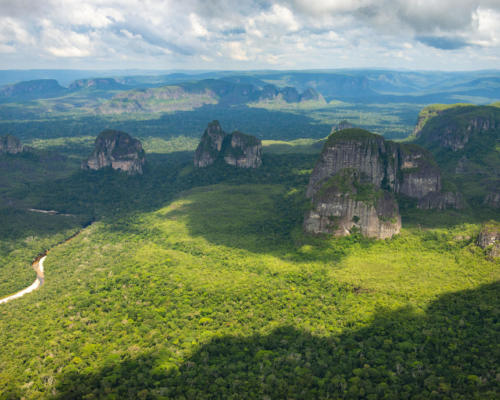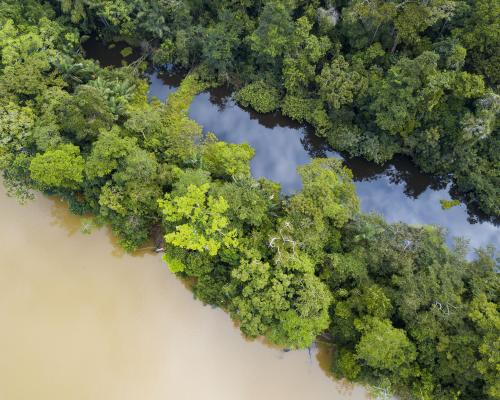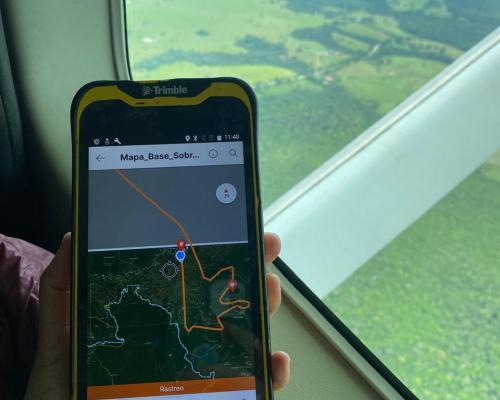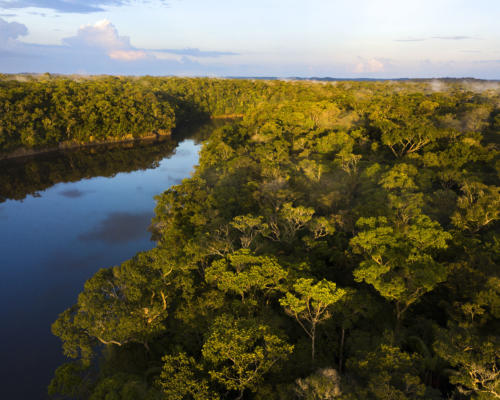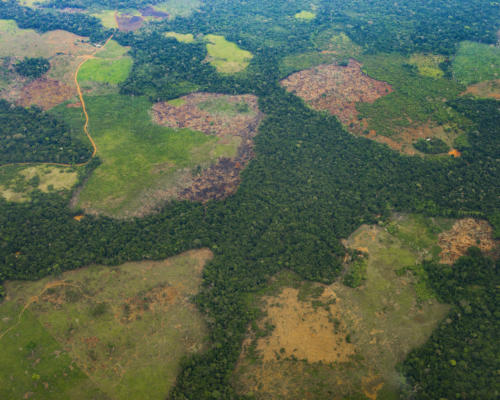Julia Miranda Londoño, winner of a Bruno H. Schubert 2021 award, is one of the most prestigious environmentalists in Colombia. For more than a decade she has led the protection of 59 natural areas in the country, key areas for global biodiversity.
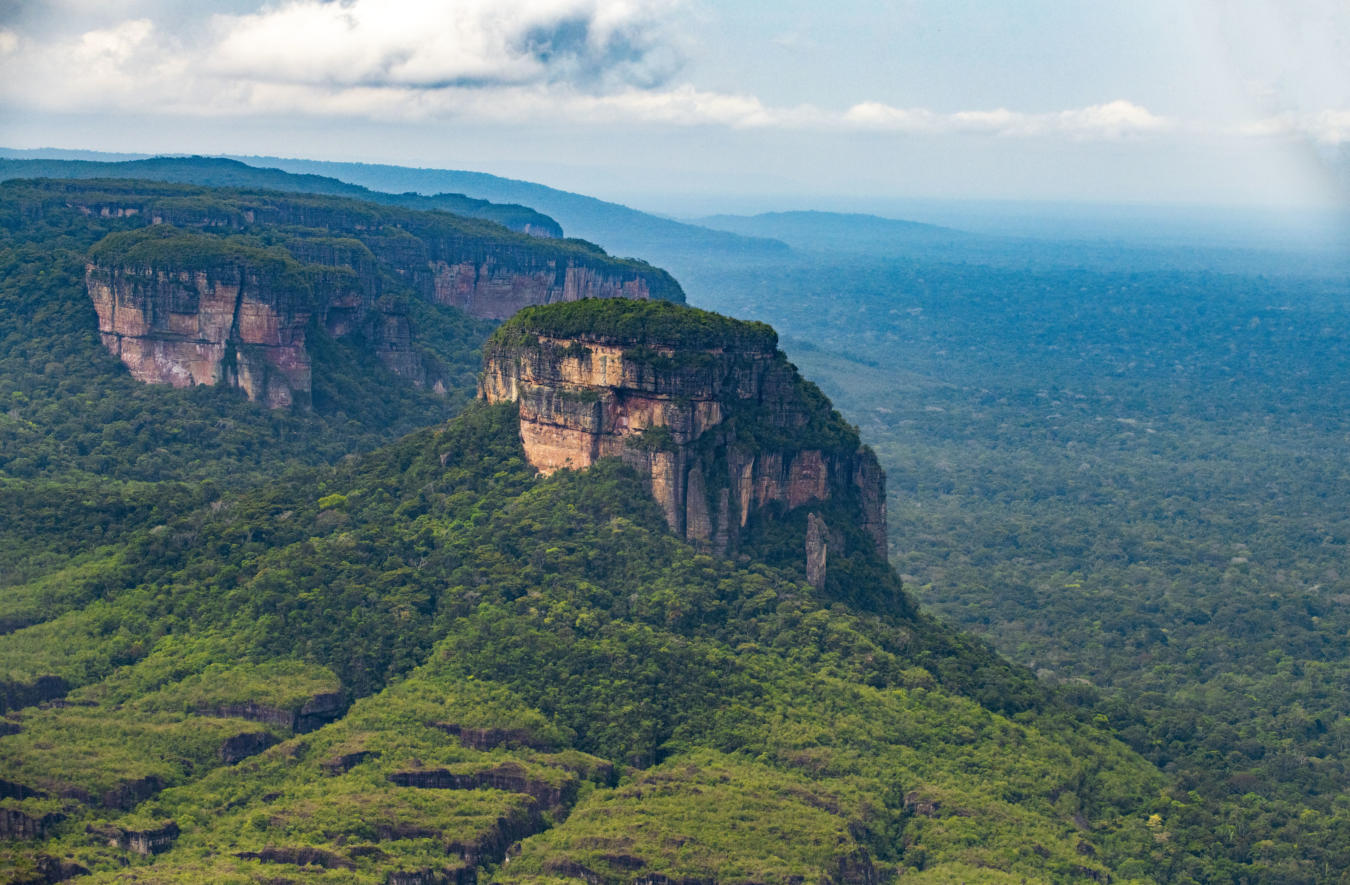
“The award is an incentive for me to continue working for this cause”
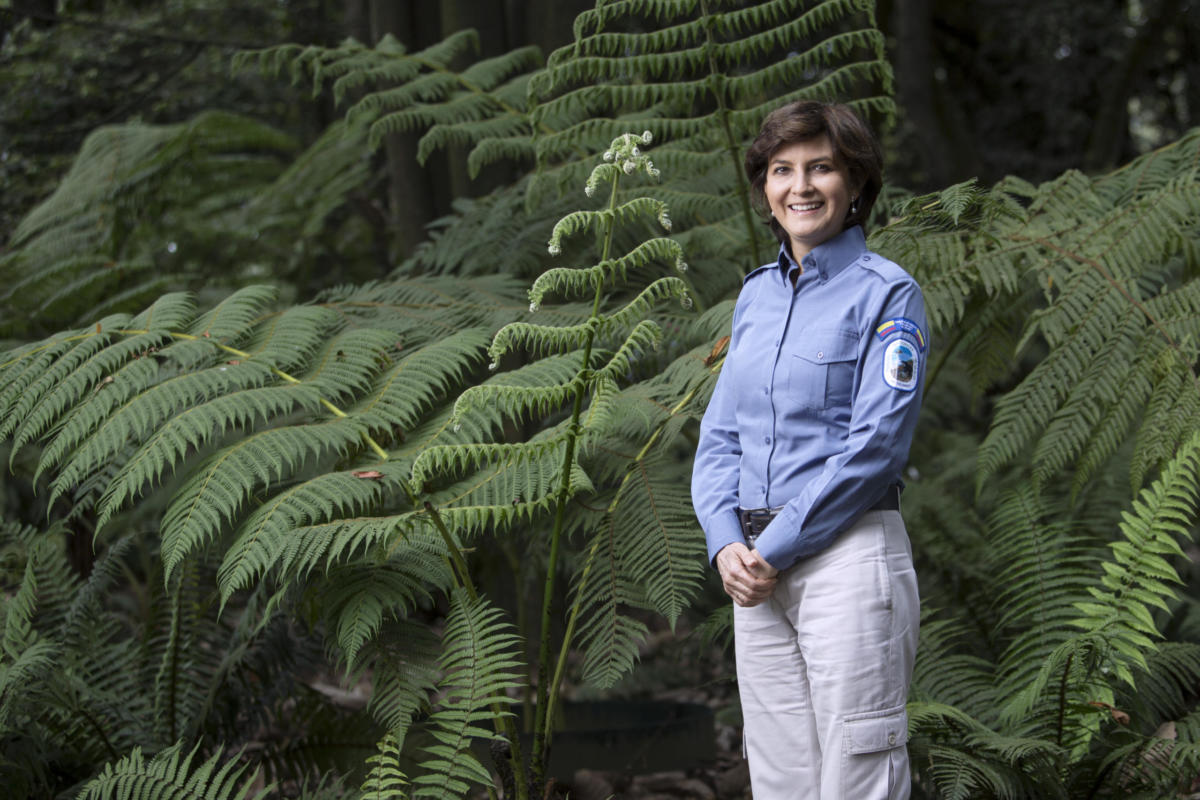
Julia Miranda: I feel very grateful. I’m honored that German environmental organizations with such history believe that I have made important contributions to conservation in Colombia. With FZS we have worked shoulder to shoulder for the same cause: to preserve the Amazon region, and in recent years the support they have provided has been extraordinary. For this reason, beyond the prize, I receive the recognition as encouragement to continue working for this cause, which more than a job has become my mission in life.
Julia Miranda: Since I was young, I had the fortune of being able to visit places where nature prevailed. My parents always took me to the countryside, they took me to see Colombia’s wilderness. Those landscapes amazed me, they captivated me. Later, I chose to study law, where I found very quickly that environmental law was an excellent tool to work for nature. I was then able to combine those two things that I was most passionate about, and now here I am.
For 17 years you were the director of the Colombian National Park Authority. Looking back, what is the main theme of that work and how far do you think Colombia has advanced in conservation?
Julia Miranda: The Colombian National Park Authority is an institution that has been fortunate to be run by people who are really interested in conservation and progressing the field. In 2020 the organization turned 60 years old and I’m proud to say that in the 17 years that I was in charge, we declared 10 new protected natural parks and three new management districts. The country’s total protected areas also doubled. In addition, we managed to increase the budget to conserve these areas by 345 percent. This proves that we have demonstrated to politicians during three governments the importance of natural parks and the need to invest more resources to fulfill the task of conservation.
Julia Miranda: With those resources, we strengthened the administrative and advanced the technological aspects of our work. Right now, the Colombian National Parks Authority is doing remote and satellite monitoring with state-of-the-art equipment, to know where the pressures and threats are, and what could alter the conservation of the areas. We also made great progress in agreements with local communities. In 17 years, we have celebrated around 40 agreements with indigenous authorities and farming communities. Today there are many success stories in the Amazon region, in the Sierra Neveda de Santa Marta and La Guajira for example.
Being an environmentalist in Colombia is not easy. In fact, it’s one of the countries where those who are dedicated to this cause are most at risk of being murdered. What are the biggest pressures?
Julia Miranda: In Colombia, we suffered from war for more than 40 years. With the signing of the peace agreement in 2016, security greatly improved, but the reality is that the country has not achieved full tranquility. Threats, displacements, and the kidnapping of park rangers who are in the field trying to prevent deforestation, illicit crops, illegal wildlife trafficking or illegal mining continue. This directly affects the protection of natural areas.
Julia Miranda: The change was huge. Peace improved wildlife monitoring, patrols and surveillance by park rangers. Scientists also were able to make scientific expeditions to unexplored places. Peace promoted ecotourism. I remember that when I arrived at the Colombian National Parks Authority there were about 400 thousand visitors a year in the areas we work in, and by 2019 the areas saw nearly 2 million visitors. This is also important for the economic development of the country.
Julia Miranda: The pandemic undoubtedly affected work because measures were taken in offices and regarding people’s movements. However, we also saw how wildlife began to emerge more and how human absence led to more recovery in the sea, beaches, forests and the snowy mountains. Unfortunately, the pandemic failed to stop people conducting illegal deforestation. It is as if the pandemic had not existed in this sense. Deforestation activities continued.
Julia Miranda: Well, because Colombia has a lot of the planet’s natural wealth. Although our neighbors like Panama, Costa Rica, Peru, Ecuador, Brazil, also have great natural wealth, our country brings them all together. The geography and its position on the equator allows Colombia to have an extraordinary and diverse number of ecosystems, landscapes, and oceans. The altitude also influences all of this: from the depths of the oceans to the perpetual snow in the glaciers, Colombia has all altitude-driven ecological variations. That makes the experience of visiting it magnificent, but it also means that we have a great natural responsibility to the world.
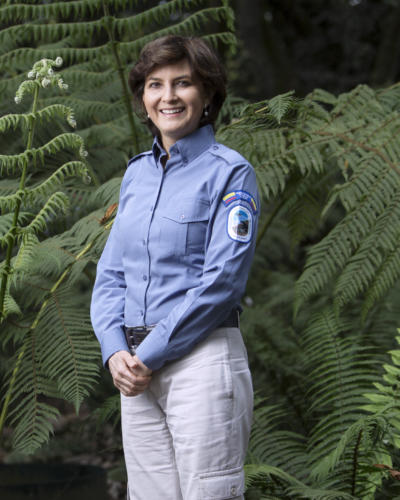
“The geography and its position on the equator allows Colombia to have an extraordinary and diverse number of ecosystems, landscapes, and oceans”
Julia Miranda: Flying over the Amazon was shocking to me because of its size, but walking through it felt overwhelming, intimidating. Of course, I thought of indigenous communities. As director of the Colombian National Parks Authority, I have had the privilege of having direct contact with the inhabitants of these territories and seeing how their traditions and culture have contributed to conserving the Amazon rainforest until today. This region is unique on the planet and is fundamental for our future. This is why the work of an organization like the Frankfurt Zoological Society is so important. Working for the communities that inhabit these territories is an inspirational contribution, which helps make sure this biological corridor is maintained.
The Bruno H. Schubert Prize is awarded by the Frankfurt-based Bruno H. Schubert Foundation to individuals for their exceptional commitment to preserving the biological diversity of our planet. The non-profit foundation has been honoring scientific achievements and the practical implementation of research results in the field of nature conservation and environmental protection since 1983.
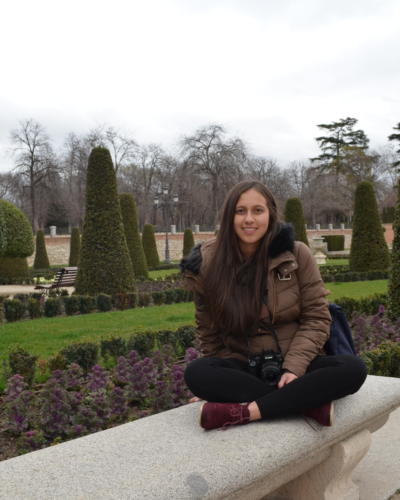
Mónica Jaramillo Arias is the FZS communications officer in Colombia. She started her career as a journalist in 2016 focusing on conflict, science, health and environmental issues. In 2017, she received an honorable mention in the category of ‘Best Journalistic Work on Peace’ in the National Journalism Award of the Bogotá Journalists Circle for her work on a special issue about the armed conflict in Colombia. Mónica is passionate about writing, telling stories and a great lover of nature.






